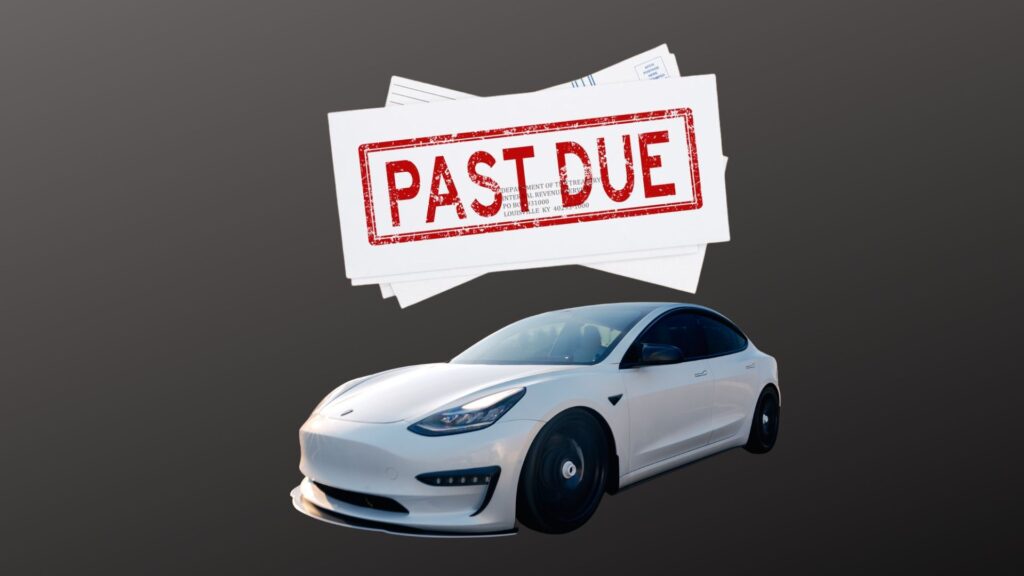“Consumers of all income categories are struggling to make monthly car payments,” said credit scoring firm VantageScore.
According to VantageScore, vehicle delinquencies in the U.S. have increased by 50% over the past 15 years.
“We haven’t seen this type of financial turmoil since the days before the Great Recession in 2008,” said Steve Beeman, a financial analyst on Talk Radio.
The Consumer Federation of America (CFA) reported in September that U.S. car owners owe a record $1.66 trillion in auto debt. The CFA said the rise in debt was due to the rising cost of owning a car due to inflation, tariffs and rising maintenance costs.
Auto loan delinquency is measured as being 60 days or more past due. This number increased by 51.5% from the first quarter of 2010 to the first quarter of 2025.

According to CFA, as of July this year, 1.6% of all auto loans were more than 60 days past due. In fact, car loan delinquency rates were higher than credit card and mortgage delinquency rates. According to VantageScore, monthly car payments are increasing faster than mortgage payments.
Approximately 16 million new cars were purchased in 2024, almost entirely financed. The CFA states that there are approximately 300 million vehicles on the road in America today.
VantageScore chief economist Ricardo Vandebo said the cost of cars and the costs associated with owning a car have increased significantly. “Over the past five years, that increase has accelerated even more,” he said.
Researchers at Cox Automotive compared prices from 2019 to this year and found new car prices rose more than 25%. The average price of a new car is currently around $50,000. And people are paying more every month. Automotive researcher Edmunds.com reports that the average consumer pays $767 for a new car. And one in five borrowers pays more than $1,000 a month, including 9% interest.


